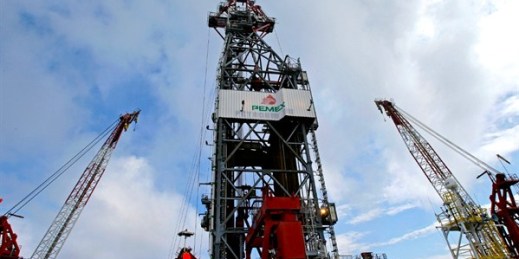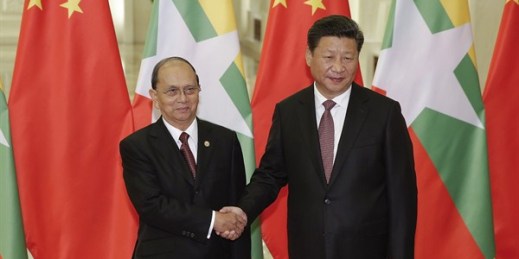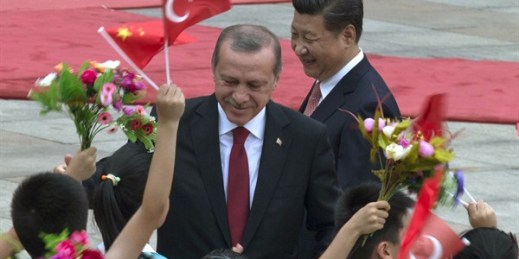
Editor’s note: This article is part of an ongoing WPR series on the impact of falling oil and commodities prices on resource-exporting countries. Earlier this month, the Mexican government submitted a budget to cut spending in 2016, including reduced investment in the state oil company Pemex, given the drop in global oil prices. In an email interview, Amb. Antonio Garza, former U.S. ambassador to Mexico and currently counsel in the Mexico City office of White & Case LLP, discussed Mexico’s economy and the impact of the oil shock. WPR: How have declining oil revenues affected Mexico’s budget and spending power? […]


